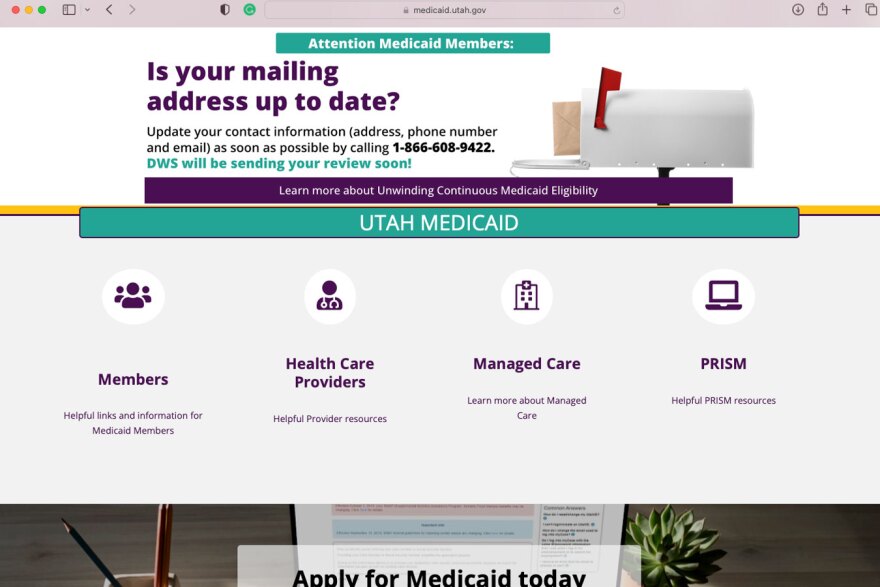The U.S. declared a public health emergency at the start of the pandemic. To keep people safe, Medicaid was required to continue coverage for all members, even if their eligibility had changed.
“Once they were found eligible, then they stayed on the program indefinitely,” said Kolbi Young from the Utah Department of Health and Human Services. “And so that’s not the design of the Medicaid program to enroll people in them, have them on for years and years and years.”
Utah’s Medicaid and Children’s Health Insurance Program grew by 64% during the pandemic, which is the third highest rate in the nation. As of December 2022, Utah Medicaid had more than 509,500 members.
Congress’ appropriations bill that passed at the end of last year separated the federal public health emergency and Medicaid’s continuous enrollment policy starting April 1, 2023. This means Medicaid recipients will have to complete an eligibility review on a regular basis.
Young said the Department of Workforce Services will provide members with information about their next steps, so it’s important for contact information to be up-to-date. To update contact information, a member can call their health plan, call the Department of Workforce Services, or go online.
“We have 12 months to review all these members. We want them to know when to expect that review.”
If a member is no longer eligible but has completed their review, Young said their information will be automatically transferred to the federal Health Insurance Marketplace. Many of those plans are subsidized.
“If they do lose their Medicaid coverage, it’s considered a qualifying life event which allows them to enroll in the marketplace plan outside of an open enrollment window.”




